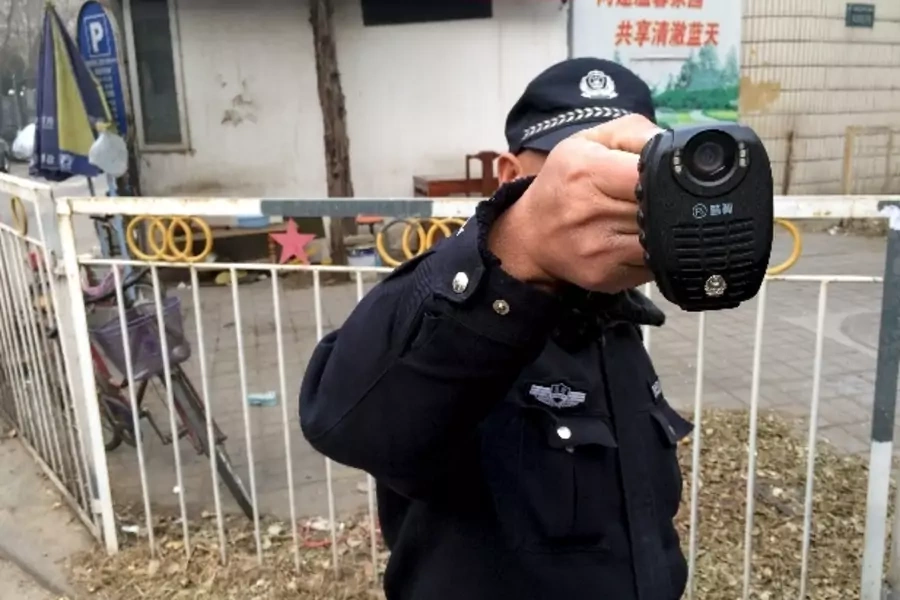More on:
Who and what define a human right? And when rights are violated, what recourse do citizens have to seek redress? On this week’s Asia Unbound podcast, Eva Pils, reader in transnational law at King’s College London, visiting professor at Columbia Law School, and author of the forthcoming book Human Rights in China: A Social Practice in the Shadows of Authoritarianism, offers a detailed overview of the state of human rights in China. Pils identifies an inherent contradiction between many lawyers’ broad definition of human rights—norms that protect people against abuses—and that of the Chinese party-state, which prioritizes socioeconomic rights. In addition, when people’s rights are abused, Chinese courts are often either too weak to defend constitutional liberties or unwilling to uphold legal arguments in the face of politics. The inscrutable shuanggui system of Communist party justice, which spirits away officials for detention, interrogation, and sometimes even torture, offers even less in terms of legal protections. But Chinese citizens are not without their own outlets for pursuing justice. As Pils describes, they turn to WeChat to find solidarity among others marginalized by the state and spill into the streets to protest injustices within their communities. For more of Pils’s insights as to how human rights have changed under Xi Jinping and how liberal democracies can respond, listen to our conversation below.
More on:
 Online Store
Online Store
